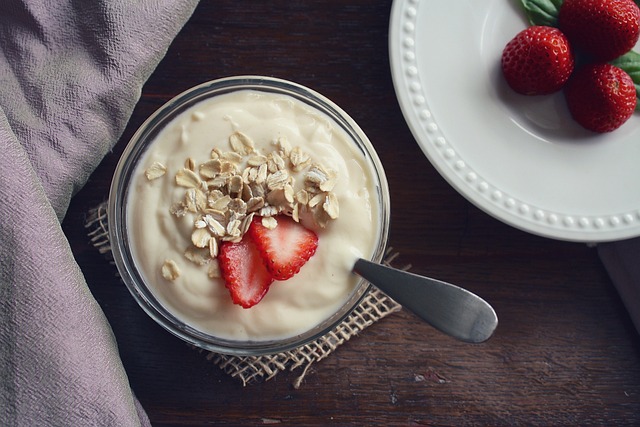Introduction
Do you often experience digestive issues like bloating, constipation, or diarrhea? Are you interested in improving your gut health? Look no further! In this article, we’ll explore the world of probiotics in detail and provide you with expert recommendations to help you make informed decisions about incorporating probiotics into your daily routine.
What Are Probiotics?
Probiotics are live bacteria and yeasts that are beneficial to your digestive system. Your gut contains both good and bad bacteria, and a healthy balance of the two is crucial for optimal gut health. Probiotics help maintain this balance by introducing more beneficial bacteria into your gut microbiome, which can improve digestion and overall health.
How Do Probiotics Work?
Probiotics work in several ways to improve gut health. They:
- Help break down and digest food.
- Produce vitamins and other beneficial compounds.
- Boost the immune system.
- Eliminate harmful bacteria and toxins.
- Reduce inflammation.
Types of Probiotics
There are many different strains of probiotics, each with unique benefits. Some of the most common strains include:
- Lactobacillus acidophilus – found in the small intestine and helps break down lactose.
- Bifidobacterium infantis – helps with digestion and immune system function.
- Lactobacillus plantarum – produces helpful enzymes and helps reduce inflammation.
- Bifidobacterium lactis – helps break down carbohydrates and produce vitamins.
- Streptococcus thermophilus – helps break down lactose and produce helpful compounds.
Sources of Probiotics
Probiotics can be found in many natural food sources, including:
- Yogurt
- Kefir
- Sauerkraut
- Kombucha
- Miso
- Tempeh
- Pickles
- Kimchi
It’s important to note that not all of these sources contain the same strains of probiotics, so it’s important to vary your sources to reap the most benefits.
Supplements
If you’re unable to get enough probiotics from natural food sources alone, supplements are a great option. Probiotic supplements come in many different forms, including capsules, powders, and gummies. It’s important to choose a high-quality supplement with a variety of strains for maximum benefit.
Prebiotics
Prebiotics are non-digestible fibers that feed and nourish the good bacteria in your gut. Some examples of prebiotic foods include:
- Garlic
- Onions
- Bananas
- Asparagus
- Artichokes
- Chicory root
- Jerusalem artichokes
Incorporating prebiotic foods into your diet can help improve the effectiveness of probiotics.
Expert Recommendations
It’s important to consult with a healthcare professional before incorporating probiotics into your daily routine, especially if you have any underlying health conditions. Some expert recommendations for taking probiotics include:
- Take probiotics with food to improve absorption.
- Start with a low dose and gradually increase over time.
- Choose a supplement with a variety of strains for maximum benefit.
- Store supplements in a cool, dry place to maintain their potency.
- Continue taking probiotics even after you start feeling better to maintain optimal gut health.
Conclusion
Probiotics can be a valuable addition to your daily routine to improve gut health and overall well-being. By incorporating natural food sources,







